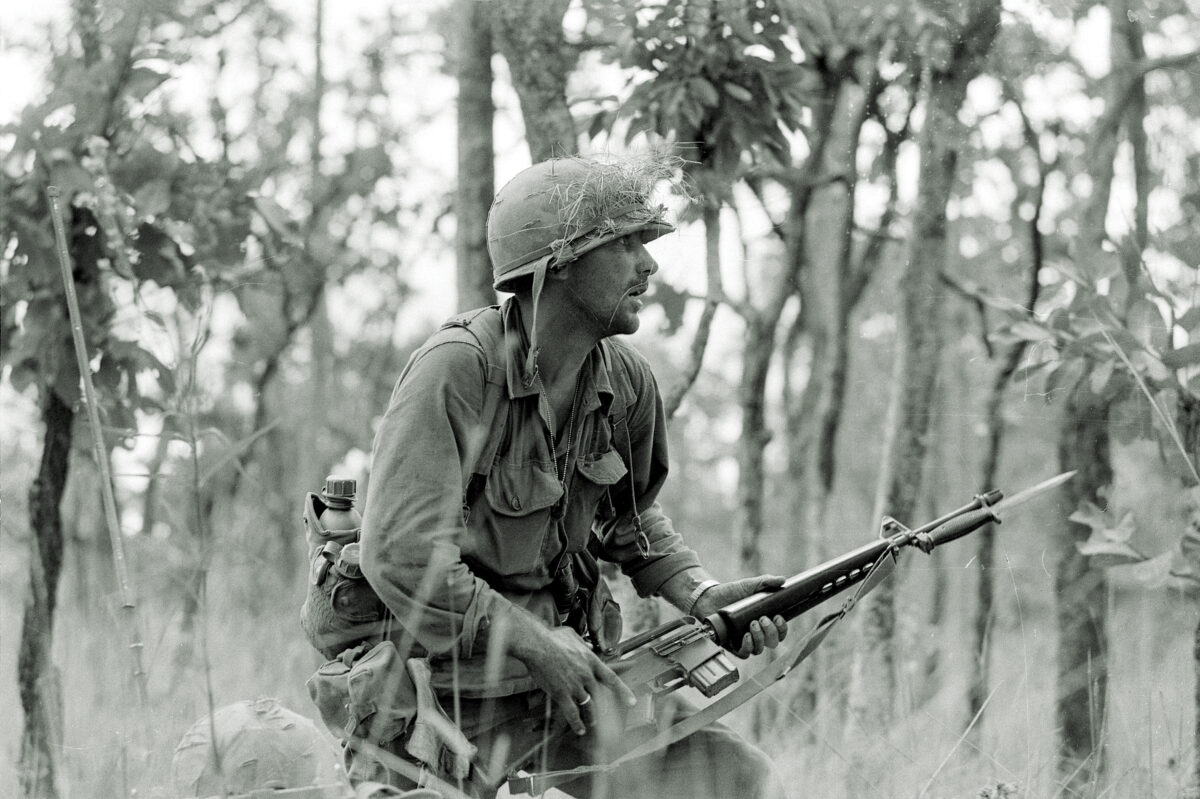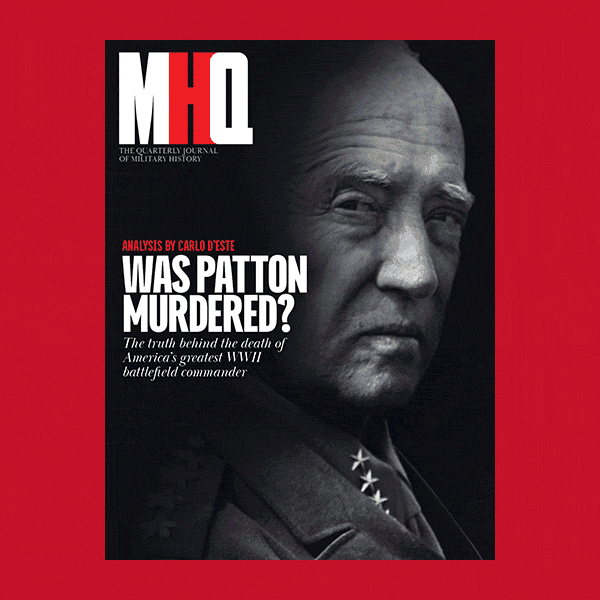Many people best remember “The March of the Men of Harlech” for its dramatic appearance in the 1964 film “Zulu” depicting the Battle of Rorke’s Drift, in which Welsh soldiers of the British Army sing it to rally their courage. Yet the song’s appearance in the film is historically inaccurate—the 24th Regiment of Foot was not yet a “Welsh” regiment as of 1879, and although many Welshmen were among its ranks, more than half the men were English.
The song is rooted in the stones of Harlech castle, a forbidding fortress built above Cardigan Bay by England’s ruthless King Edward I. Edward intended it to serve as an unassailable stamp of his dominance over the Welsh, yet eventually the craggy bastion was seized by the daring Welsh rebel leader Owain Glyndwr, who held it for four years. The castle would later become a linchpin in the conflict between the Lancastrians and the Yorkists during the Wars of the Roses. Supporters of the House of Lancaster held the castle with fierce determination but the Yorkists eventually captured it in 1468. The defenders’ resistance is said to have inspired the folk song; the music was first written down in the 18th century. Welsh regiments in the British Army adopted the “Men of Harlech” tune. While lyrics varied, its defiance remained unchanged, as can be seen in these verses from 1873:
Men of Harlech, march to glory, victory is hov’ring o’er ye, / Bright-eyed freedom stands before ye, hear ye not her call?
…Your foes on ev’ry side assailing, forward press with heart unfailing, / Till invaders learn with quailing, Cambria ne’er can yield.
The song was a source of inspiration to Rick Rescorla, a native of Cornwall, England and veteran of both the British Army and U.S. Army. In Vietnam, Rescorla fought at the Battle of Ia Drang under the command of Lt. Col. Hal Moore and was known to sing to keep the troops’ spirits up in battle. On Sept. 11, 2001, Rescorla, working as a director of security in the South Tower of the World Trade Center, defied instructions not to evacuate. He was heard singing a Cornish rendition of “Men of Harlech” through a bullhorn as he evacuated employees. Although Rescorla lost his own life that day, he rescued more than 2,700 people.






